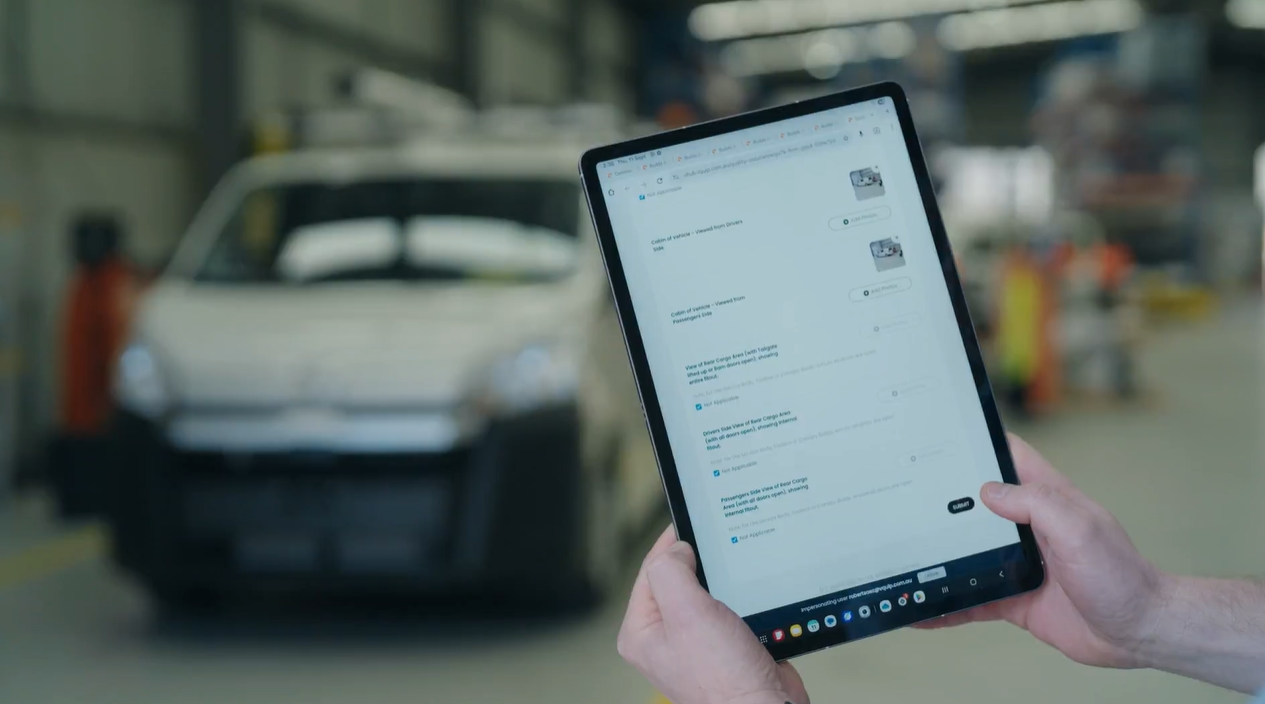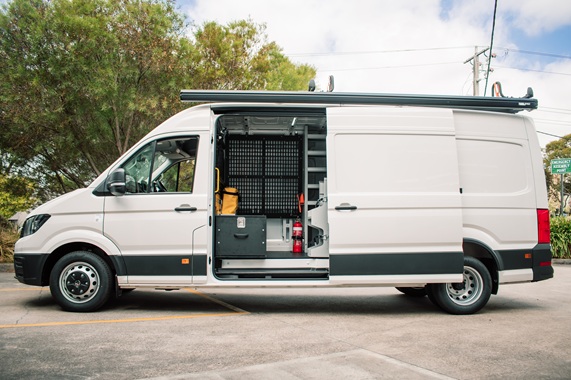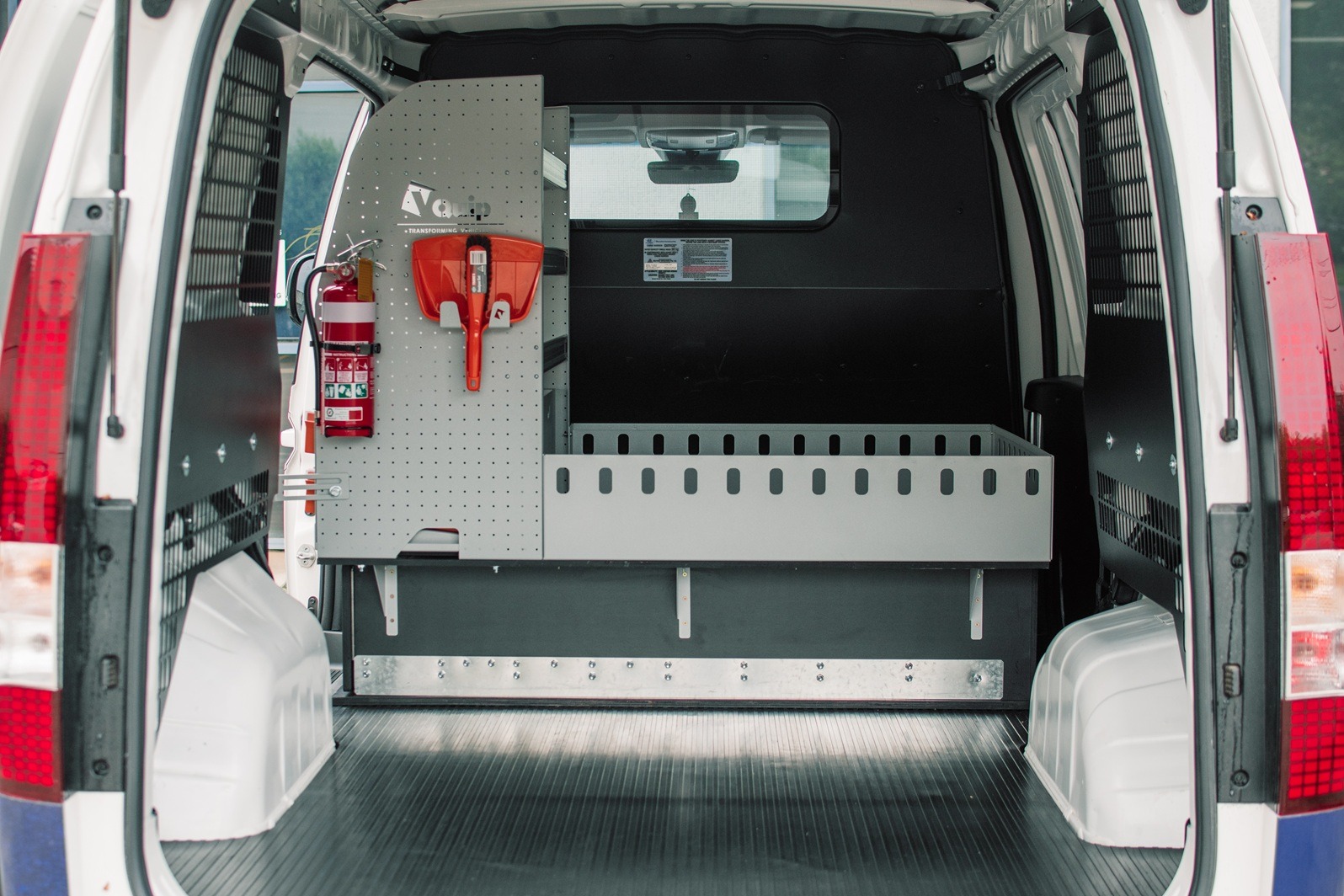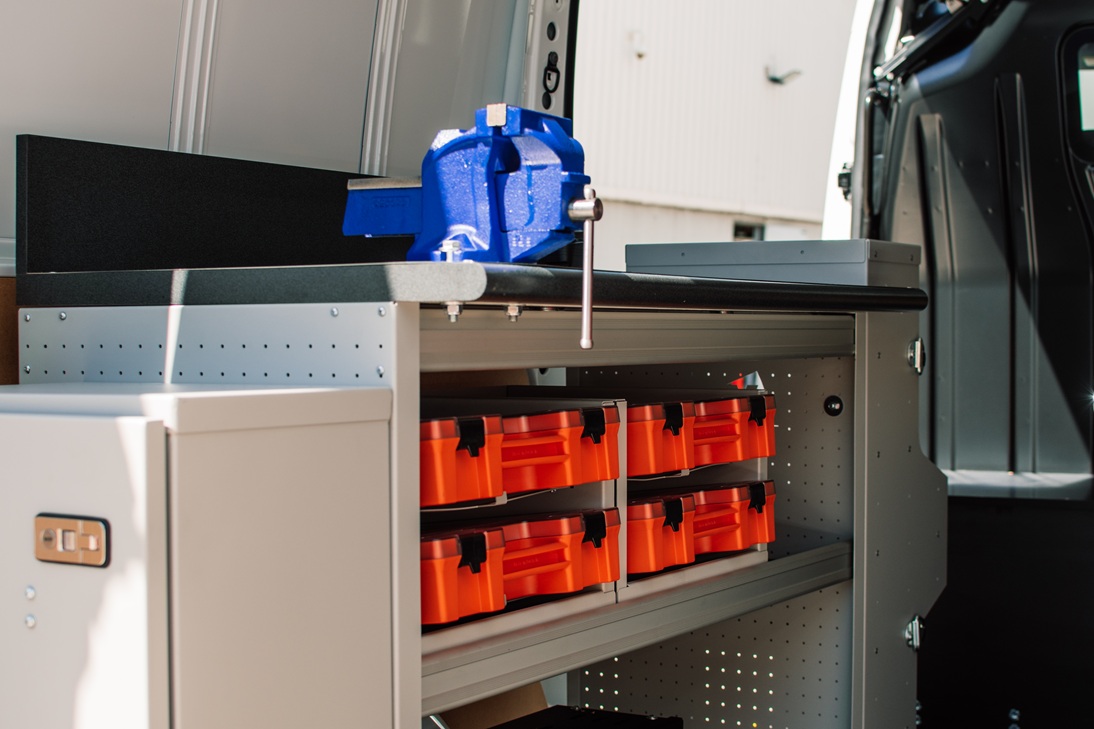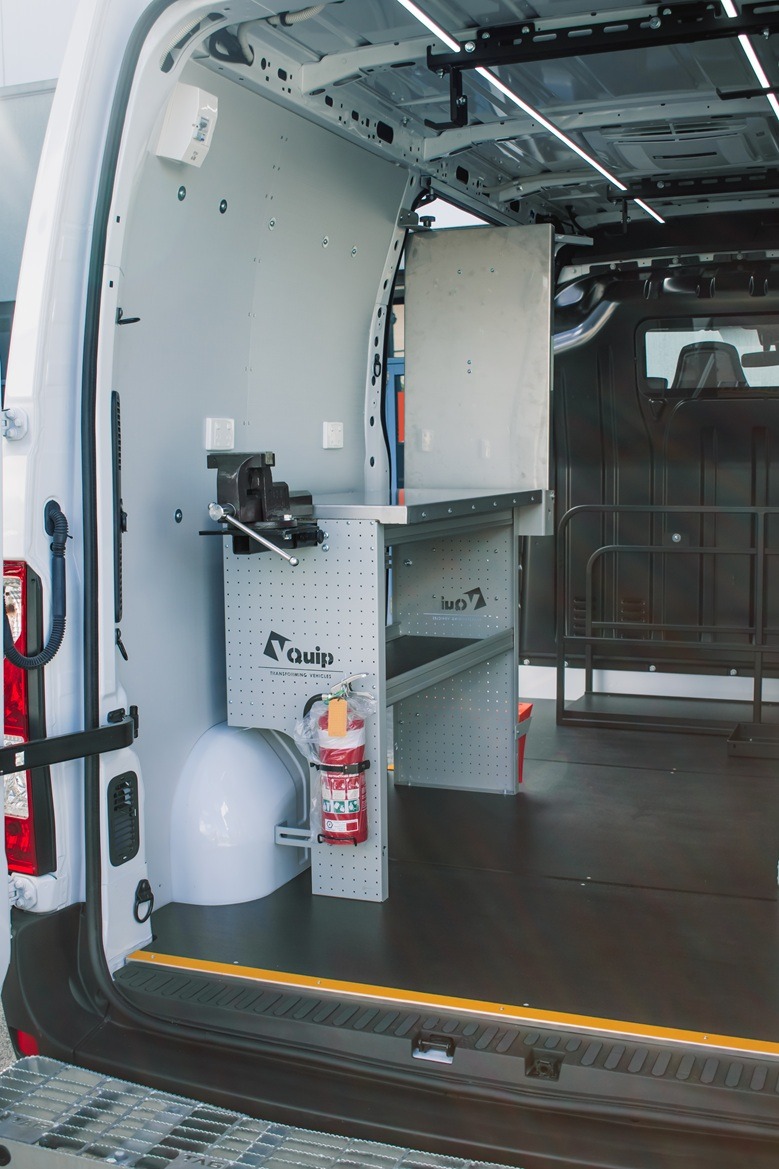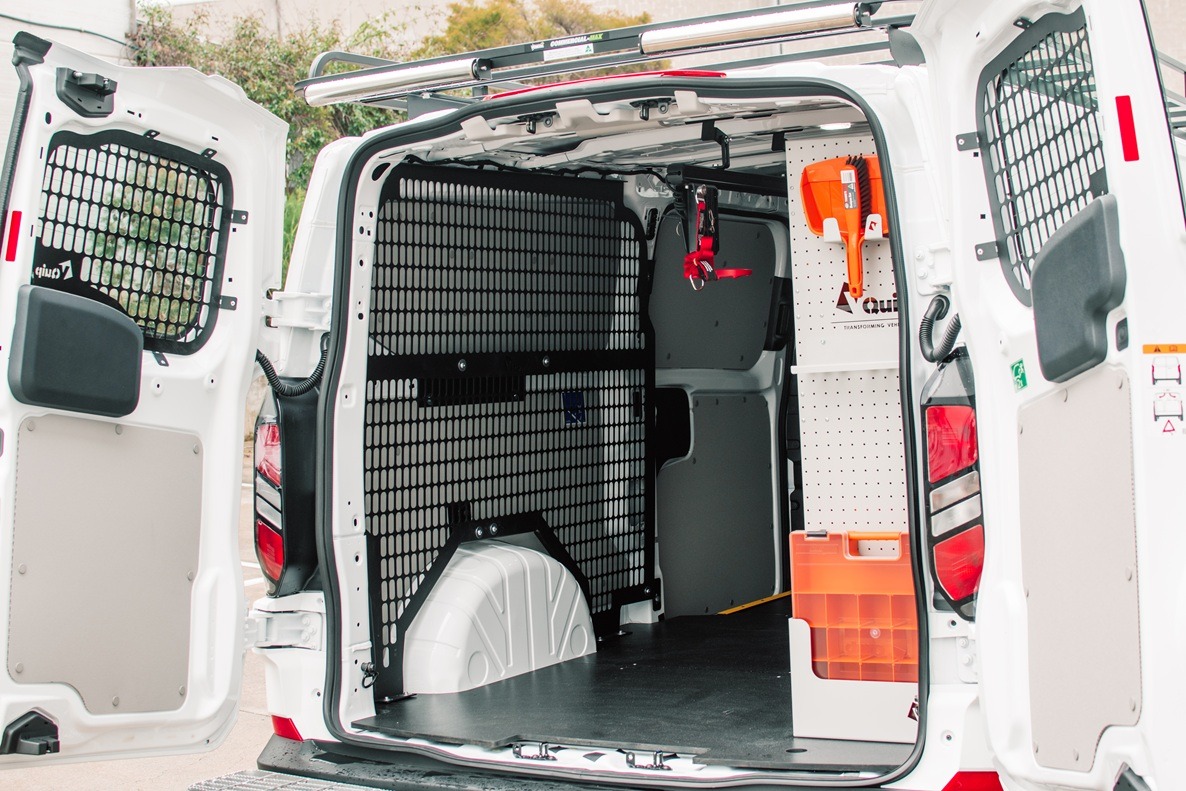
Understanding ANCAP Safety Ratings and their importance for Fleet Managers and Tradespeople
Aug 15, 2024
When selecting vehicles for a corporate fleet or mobile workspace, safety is a top priority. In Australia, the Australasian New Car Assessment Program (ANCAP) safety rating plays a crucial role in helping fleet managers and tradespeople make informed decisions. But what exactly is an ANCAP safety rating, and how can it impact vehicle selection?
What Is an ANCAP Safety Rating?
ANCAP is a leading independent organisation that assesses the safety performance of vehicles sold in Australia and New Zealand. It provides a star rating between one and five, with five stars being the highest safety standard a vehicle can achieve. These ratings are based on rigorous testing, including crash tests, assessments of safety features, and evaluations of driver-assistance technologies.
ANCAP tests vehicles in a variety of real-world crash scenarios, such as frontal, side, and rollover impacts. Additionally, it examines the effectiveness of safety technologies like automatic emergency braking, lane-keeping assistance, and pedestrian protection. These ratings give consumers a clear understanding of how well a vehicle can protect its occupants and others on the road in the event of an accident.
More about the ANCAP ratings can be found on their website: Car Safety Ratings | Vehicle Safety Testing | ANCAP
Why ANCAP Safety Ratings Matter to Fleet Managers and Tradespeople
For fleet managers and tradespeople choosing a new vehicle, the ANCAP safety rating can be a critical factor in vehicle selection for several reasons:
- Driver and Passenger Safety: A higher ANCAP rating means a vehicle is equipped with advanced safety features that can reduce the risk of injury in an accident. When company owners and fleet managers have a responsibility toward the safety of their employees on the road, choosing vehicles with strong ANCAP ratings ensures that they are prioritising their workforce’s wellbeing.
- Insurance Premiums: Vehicles with higher ANCAP ratings may qualify for lower insurance premiums. Insurers often recognise the reduced risk associated with safer vehicles and may offer discounts on policies, which can result in significant cost savings for businesses managing large fleets.
- Corporate Reputation: Operating a fleet with high ANCAP-rated vehicles demonstrates a commitment to safety and responsibility. This can enhance a company’s reputation and build trust with clients and partners, particularly for businesses that need to showcase their focus on safety compliance.
- Long-Term Investment: Vehicles with high safety ratings tend to have better resale value, as they are often sought after in the used vehicle market. Investing in safer vehicles can thus provide long-term financial benefits for tradespeople and businesses alike.
Choosing the right vehicle for a corporate fleet or mobile workspace involves more than just considering fuel efficiency and load capacity—safety is paramount. ANCAP safety ratings provide an essential benchmark for understanding the level of protection a vehicle offers. By prioritising vehicles with higher ANCAP ratings, fleet managers and tradespeople can ensure that they are making sound decisions that safeguard their team, enhance their business reputation, and ultimately contribute to the long-term success of their operations.
